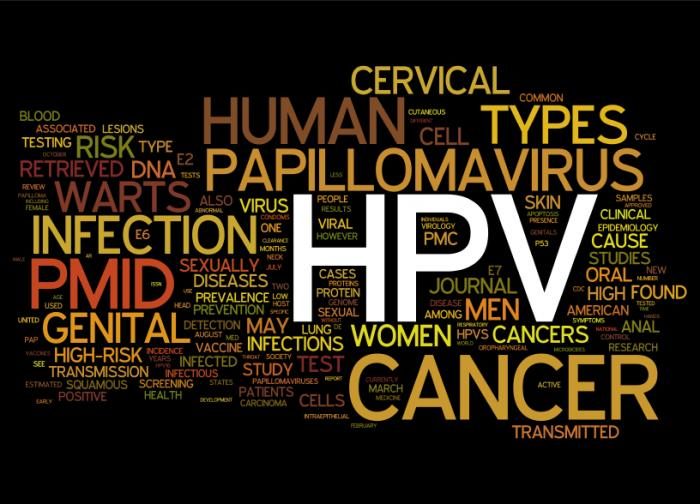
Did you know that more than 99% of all cases of cervical cancer are caused by Human Papilloma Virus (HPV)?
Cervical cancer is the leading cause of cancer deaths among African women.
The human papillomaviruses (HPVs) are groups of more than 200 related viruses of which more than 40 types can be spread through direct sexual contact. They can spread through vaginal, anal and oral sex. Some HPVs are responsible for genital and non-genital warts.
Sexually transmitted HPV types fall into two categories:
- Low-risk HPVs, which do not cause cancer but can cause skin warts on or around the genitals, anus, mouth, or throat.
- High-risk HPVs, which can cause cancer. About a dozen high-risk HPV types have been identified, two of which cause almost three-quarters (70%) of all cervical cancer.
Which cancers are caused by HPV?
High-risk HPVs cause several types of cancer:
- Cervical cancer:Virtually all cases of cervical cancer are caused by HPV
- Anal cancer:About 95 percent of anal cancers are caused by HPV
Who’s at risk for HPV infections?
Anyone who has ever been sexually active – that is, engaged in skin-to-skin sexual conduct, including vaginal, anal, or oral sex – can get HPV. HPV is easily passed between partners through sexual contact. The infection is so common, that most people get HPV infections shortly after becoming sexually active for the first time. You can contract HPV infection even if you have only had one sexual partner.
You can have an HPV infection even if you have no symptoms and your only sexual contact with an HPV-infected person happened many years ago.
Can HPV infections be prevented?
- People who are not sexually active almost never develop genital HPV infections.
- HPV vaccination before sexual activity can reduce the risk of infection by the HPV types targeted by the vaccine. Two vaccines have been approved by the WHO to prevent HPV infection. They provide strong protection against new HPV infections, but are not effective at treating established HPV infections or disease caused by HPV.
- Correct and consistent condom use is associated with reduced HPV transmission between sexual partners. However, because areas not covered by a condom can be infected by the virus, condoms are unlikely to provide complete protection against the infection.


CANCER SCREENING « The HealthZone
[…] The rate of cancer has doubled in the last 20 years in Africa, with cervical, breast, liver and prostate cancers being most commonly diagnosed cancers. Women in Sub-Saharan Africa have the highest incidence worldwide of cervical cancer deaths. (Click here on previous post on cervical cancer). […]